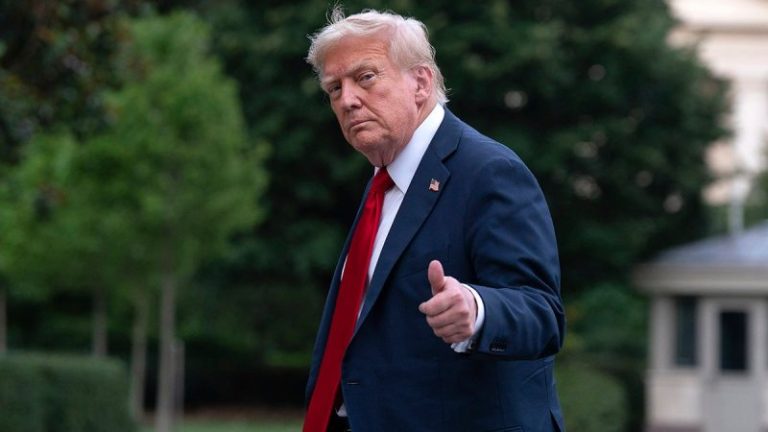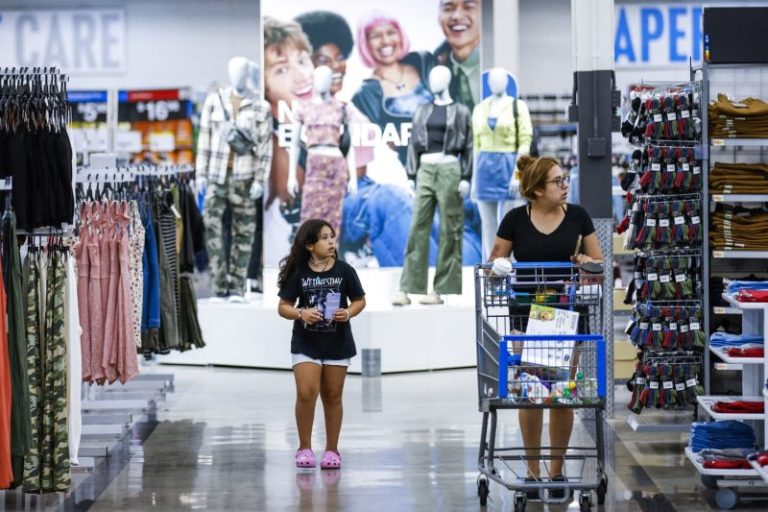President Donald Trump said the United States will be sending Patriot missiles to Ukraine while describing Russian President Vladimir Putin as a leader who ‘talks nice, and then he bombs everybody in the evening.’
Trump made the remarks as NATO Secretary General Mark Rutte is planning to meet with the president during a visit to Washington, D.C. Monday and Tuesday. Last week, Trump revealed a new NATO deal that would allow U.S. arms to flow to Ukraine through allied nations.
‘I’m going to have a meeting with the Secretary General coming in tomorrow. But we basically are going to send them various pieces of very sophisticated military. And they are going to pay us 100 percent for them. And that’s the way we want it,’ Trump told reporters on Sunday.
‘I haven’t agreed on the number yet, but they’re going to have some. Because they do need protection. But the European Union is paying for it. We’re not paying anything for it. But we will send it, and it’ll be good news for us, we will send them Patriots, which they desperately need,’ Trump added in reference to Ukraine.
‘Because Putin had really surprised a lot of people. He talks nice, and then he bombs everybody in the evening. It’s a little bit of a problem there, I don’t like it,’ Trump also said.
Trump said last Thursday that under the new NATO deal, ‘what we’re doing is the weapons that are going out are going to NATO, and then NATO is going to be giving those weapons [to Ukraine], and NATO is paying for those weapons.’
The developments came after the Pentagon previously froze some shipments of critical weapons to Ukraine, including Patriot missile interceptors and 155 mm artillery shells.
The halt was driven by Under Secretary of Defense for Policy Elbridge Colby after a review of U.S. munitions stockpiles that showed dangerously low reserves, Politico first reported in early July.
Then the Pentagon reversed course about a week later.
‘At President Trump’s direction, the Department of Defense is sending additional defensive weapons to Ukraine to ensure the Ukrainians can defend themselves while we work to secure a lasting peace and ensure the killing stops,’ Pentagon Spokesman Sean Parnell said. ‘Our framework for POTUS to evaluate military shipments across the globe remains in effect and is integral to our America First defense priorities.’
Fox News’ Caitlin McFall, Jasmine Baehr and Jennifer Griffin contributed to this report.


